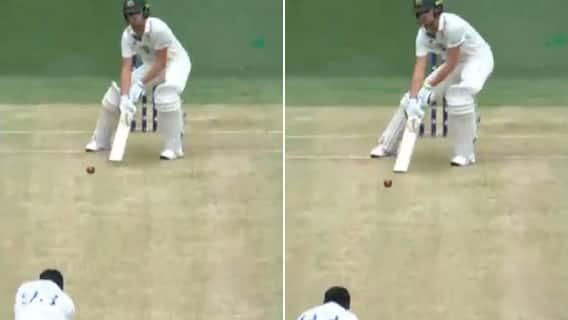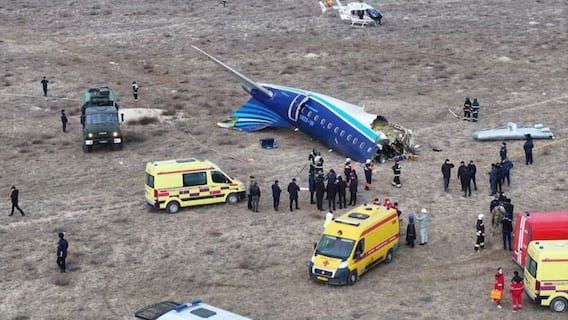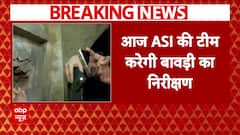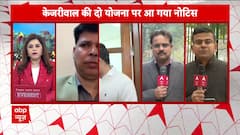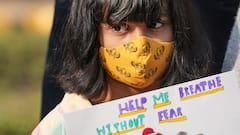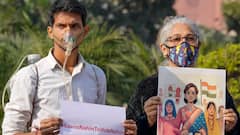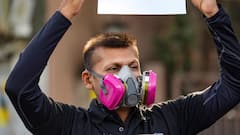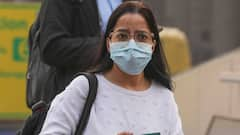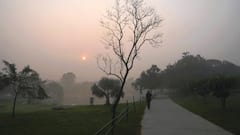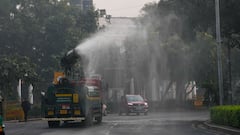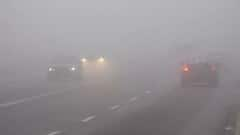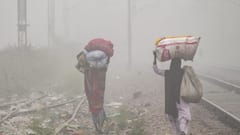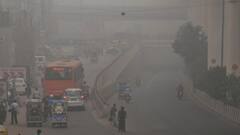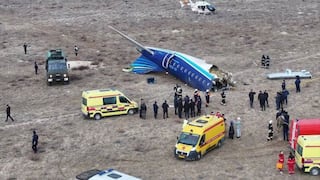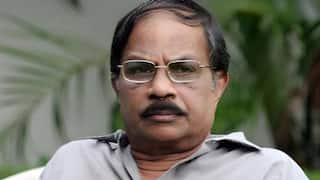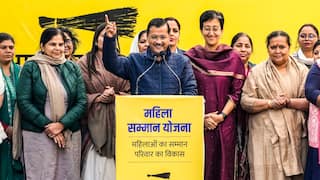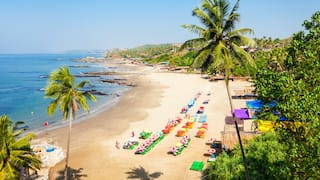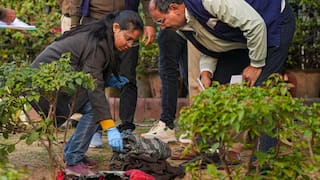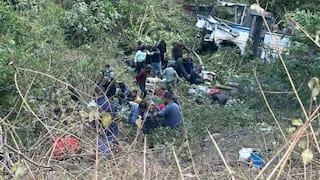Parking Rates Doubled In Delhi As Capital Witnesses Toxic Haze, 'Very Poor' AQI After Diwali
NDMC announced its decision to double the parking fees (both off-road and on-road) as despite initial relief due to rain, Delhi witnessed a resurgence of pollution levels on Monday

The New Delhi Municipal Council (NDMC) on Monday announced its decision to double the parking fees (both off-road and on-road) until January 31, 2024. This move aims to discourage private transport and manage parking more effectively, aligning with the guidelines of the Commission for Air Quality Management in NCR (National Capital Region) and adjoining areas.
The decision to increase parking fees comes in response to the deteriorating air quality, prompting the NDMC to implement actions outlined in Stage IV of the Graded Response Action Plan (GRAP). This stage is activated when the Air Quality Index (AQI) falls under the 'Severe+' category, denoted by a Delhi AQI exceeding 450. The revised schedule of GRAP, issued on October 21, 2023, includes measures such as enhanced parking fees to discourage private transport.
In a statement, the NDMC mentioned, "Therefore, in compliance with the above and keeping in view the climatic conditions, the parking fees (off-road/on-road) has been enhanced to twice of the existing to discourage private transport for the parking managed by NDMC through its own staff till 31st January 2024."
Despite initial relief due to rain, Delhi witnessed a resurgence of pollution levels on Monday. A smoky haze enveloped the city, and according to IQAir, a Swiss air quality monitoring company, Delhi ranked as the most polluted city globally on that day. The pollution surge followed Diwali celebrations, with residents flouting the ban on firecrackers.
ALSO READ | Delhi Struggles To Breath As Smog Engulfs Capital, PM2.5 Rises By 45% On Diwali Compared To 2022
Delhi's AQI recorded its best levels in eight years on Diwali on Sunday, with its 24-hour average settling at 218 at 4 pm. But the reprieve was short-lived as the bursting of firecrackers till late Sunday night led to a surge in pollution levels amid low temperatures.
The AQI on Monday rose to 358 by 4 pm, signifying 'very poor' air quality.
Notably, the concentration of PM2.5, a fine particulate matter known to cause respiratory issues, exceeded the safe limit by six to seven times in certain areas. Several places within Delhi, including RK Puram, Jahangirpuri, Bawana, and Mundka, witnessed 'severe' pollution levels. The CPCB reported a rapid increase in air pollution levels across India in the aftermath of Diwali.
Subscribe And Follow ABP Live On Telegram: https://t.me/officialabplive
Trending News
Top Headlines





